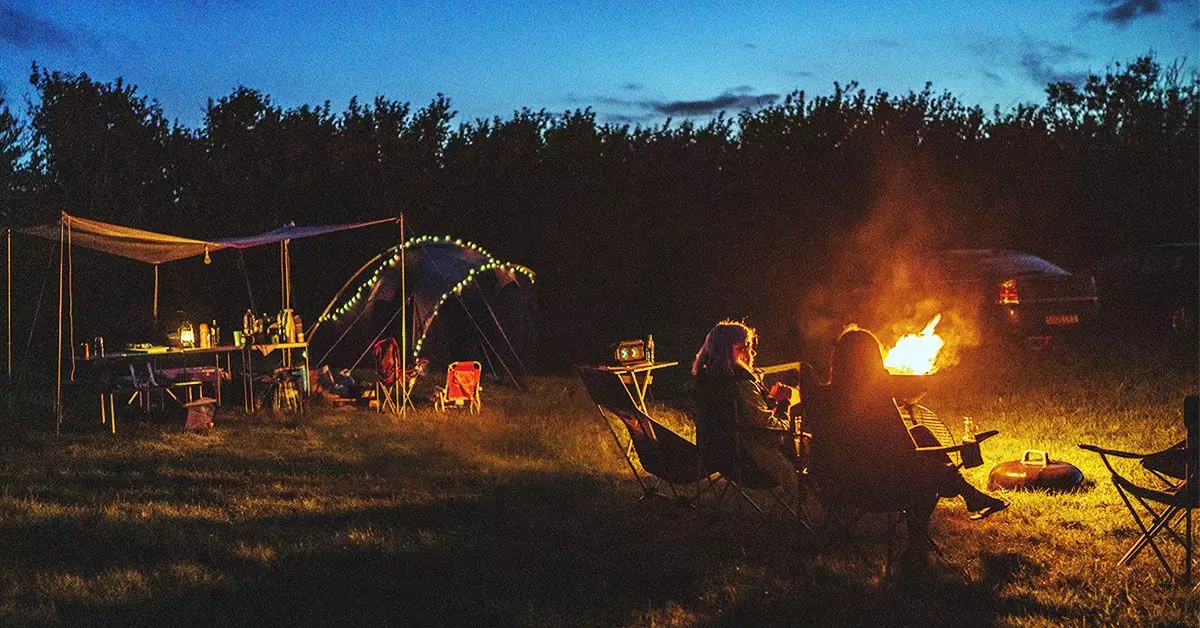There is a lack of extensive research on the impact of spending time around a campfire and its potential link to skin cancer. The National Oceanic and Atmospheric Administration points out that the heat generated by a campfire can be transmitted through radiation. This radiation has the potential to damage the skin, leading to sunburn and an increased risk of skin cancer. However, the extent of exposure required to cause skin damage or elevate the risk of skin cancer remains unclear.
Repeated exposure to infrared radiation or direct heat can result in a condition known as erythema ab igne, often referred to as “toasted skin syndrome.” This rash typically takes weeks or even years to develop, requiring frequent and sustained exposure to campfire heat. While erythema ab igne is usually noncancerous, continuous exposure can trigger premalignant or malignant skin lesions, posing a potential risk for skin cancer development in the long term.
Individuals who sustain thermal burns from campfires or other sources may face an elevated risk of certain types of skin cancer down the line. Research suggests that burn scars resulting from treatments that involve allowing wounds to heal naturally without stitching them together can serve as a risk factor for various skin cancers. It is crucial to seek immediate medical attention for any burn injuries to minimize the risk of long-term complications such as skin cancer.
While limited evidence exists regarding the association between campfire exposure and skin cancer, studies focusing on firefighters provide some insights. The American Cancer Society reports that occupational exposure to fire and other hazards during firefighting may contribute to skin cancer risk. However, there is sufficient evidence linking firefighting to an increased likelihood of bladder cancer and mesothelioma in individuals. Further research is needed to ascertain the specific risks of skin cancer associated with spending time around campfires.
Individuals who have concerns about potential skin cancer risks due to campfire exposure or other fire-related injuries should consult their healthcare provider promptly. Early detection and appropriate medical evaluation are essential in addressing any skin damage or preventing the development of skin cancer. Taking proactive measures and staying informed about the potential risks can aid in safeguarding skin health when enjoying activities around campfires.

